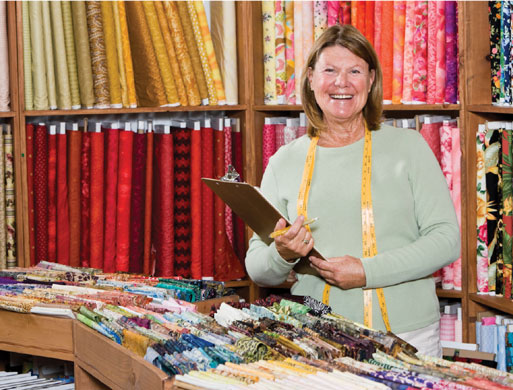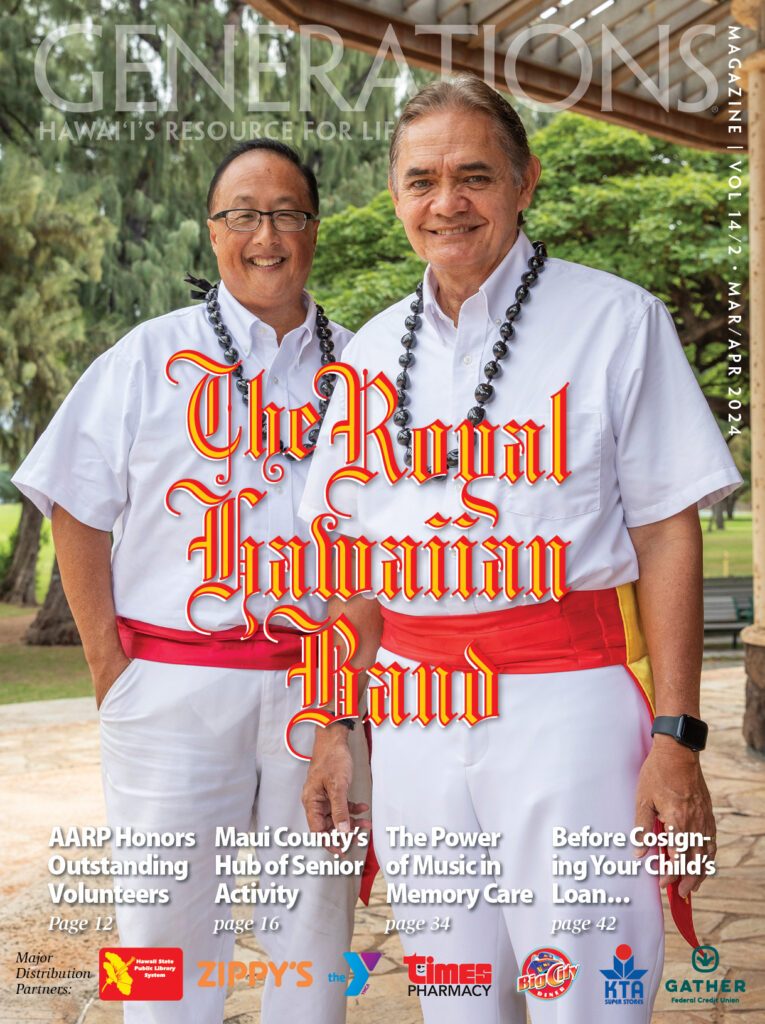 Last year, Neil Abercrombie proposed a vision for older adults that caused us to consider aging in a new way. He suggested that most adults over 60 are a tremendous economic and social asset. Elder care professionals, however, have been focused on the rapid growth of the aging population and the challenges that it poses to Hawai‘i’s resources to pay for more workers and services. For decades, there have been evaluation studies, financing proposals and legislative changes to promote new initiatives. Despite these efforts, we are still grappling. Where are we going? What is our statewide goal for long-term care? Do we wish to promote self-responsibility? Should we promote a state mandate to finance long-term care? Should we try to re-balance the system by emphasizing non-institutional care? Should we limit care for only the very needy?
Last year, Neil Abercrombie proposed a vision for older adults that caused us to consider aging in a new way. He suggested that most adults over 60 are a tremendous economic and social asset. Elder care professionals, however, have been focused on the rapid growth of the aging population and the challenges that it poses to Hawai‘i’s resources to pay for more workers and services. For decades, there have been evaluation studies, financing proposals and legislative changes to promote new initiatives. Despite these efforts, we are still grappling. Where are we going? What is our statewide goal for long-term care? Do we wish to promote self-responsibility? Should we promote a state mandate to finance long-term care? Should we try to re-balance the system by emphasizing non-institutional care? Should we limit care for only the very needy?
To address elder care, Hawai‘i will require more resources or it must find ways to reduce the demand for services. New resources could come from new taxes, private payments from insurance or other sources. From this perspective, aging is a growing liability. While long-term care of Hawai‘i’s frail older adults should not be ignored, our pessimistic and deficit-based perspective on aging as an economic drag requires a counter balance.
Older adults are an asset. We need to shift our focus — a shift from sick-care to well-care. At the present time, there is a wave of active aging activities that highlight positive themes of well-aging. The World Health Organization’s Active Aging policy framework in 2002 was an important springboard for international support for this movement. Within the past decade, new terms such as positive aging, vital aging, Third Age, productive aging, successful aging and healthy aging have become commonly used. New journals, newsletters and numerous books on wellness and positive aging are also springing up. New academic opportunities are emerging as new centers conduct evidence-based research and implement innovative programs from an assets-based approach.
Kapi‘olani Community College’s Kupuna Education Center will begin down this path in search for new ways to target active retirees. We want to put their strengths, assets and interest in contributing to work. Does this mean that our long-term care paraprofessional and family caregiver training will be terminated? Absolutely not. They will continue. However, our new direction will transform how we view gerontology from sick-care to well-care, from a deficit-focused training to an asset-based training center.
We prefer to view growing older as part of life’s course. It’s a continuing of interrelationships of family members, of productive roles for all of us for each stage of our lives, of generational relations and intergenerational support. We envision education and training to unleash the power and potential of elders to continue being engaged and to help improve our communities. In keeping with the Governor’s New Day in Hawai‘i vision, Kapi‘olani Community College’s Kūpuna Education Center will involve training to care for our elders as well as training to prepare them to work for the betterment of Hawai‘i.
For more information, please visit us online at www.kupunaeducation.com.

